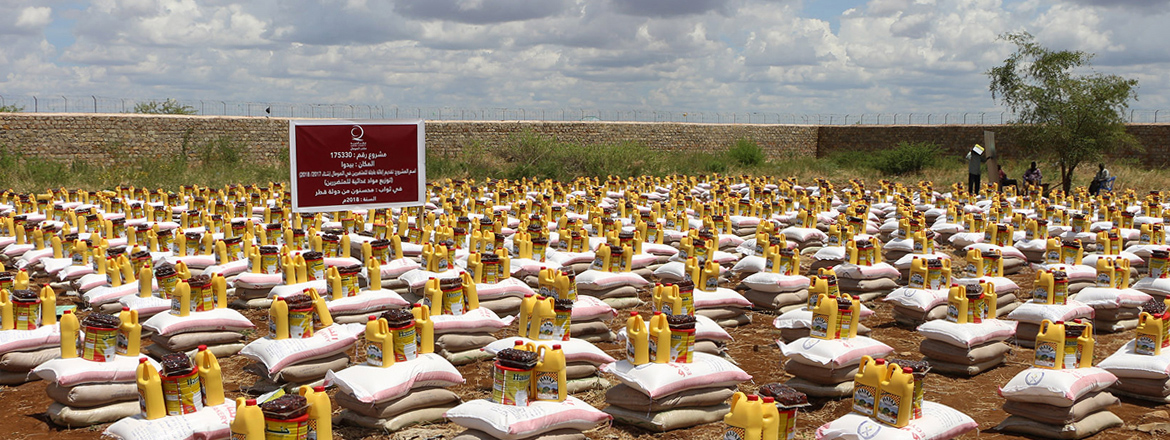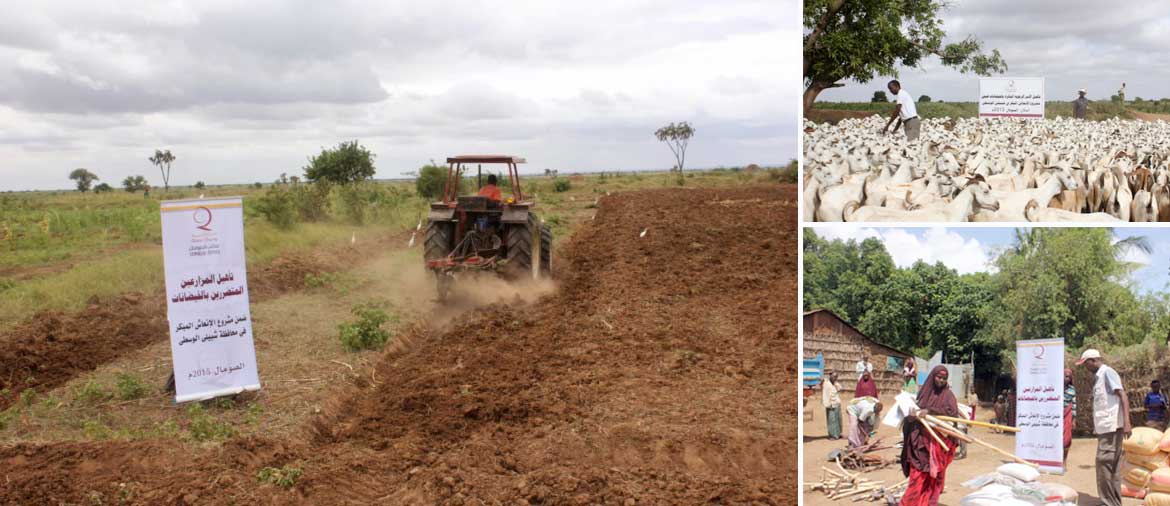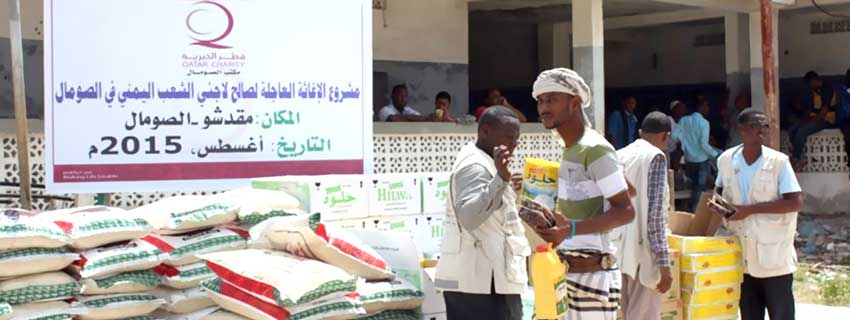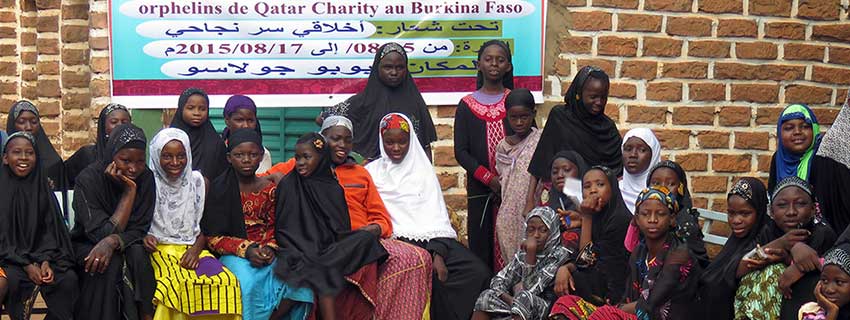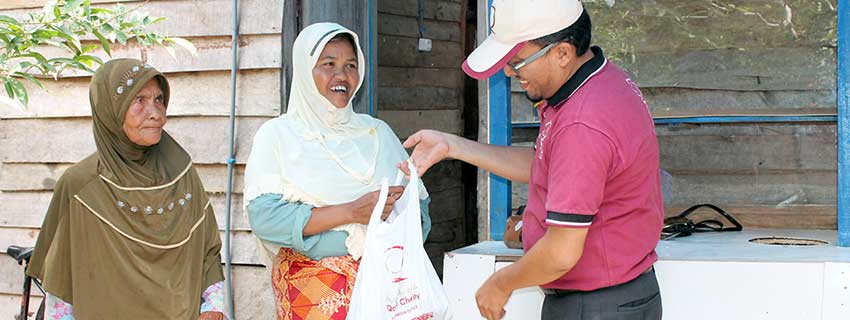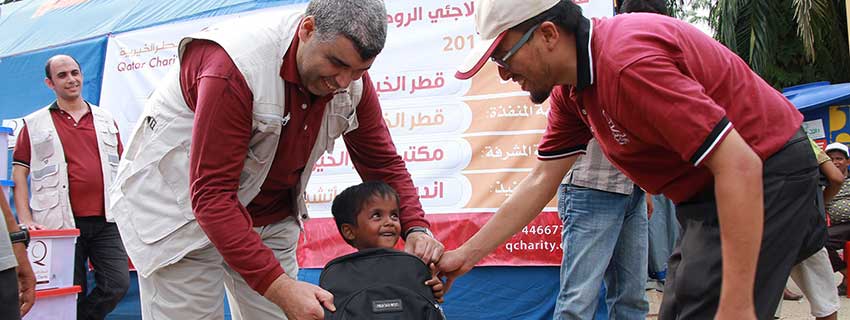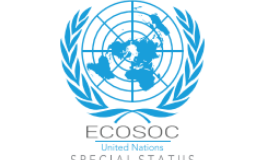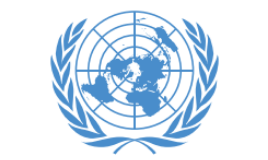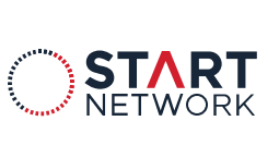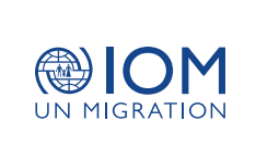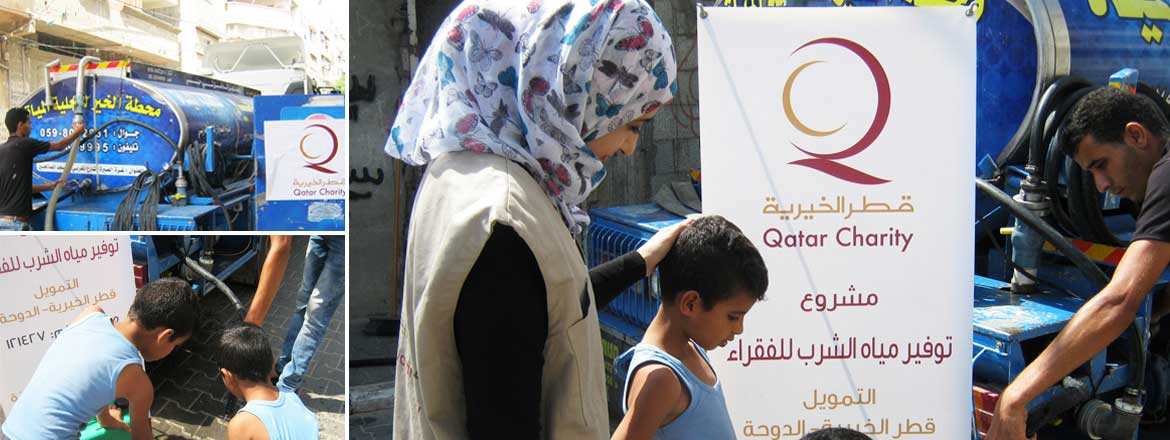
Through its office in the Strip and in cooperation with Ghaith for Relief and Development, QC has recently started implementing ‘Providing Drinking Water’ project to the poor. More than 3,000 poor families are expected to benefit from it. It will take around 8 months for the project to be implemented at a cost of 262,000 QR.
Kidney Diseases
The Municipalities in the Strip provide the citizens with salty water only, which could cause many different diseases such as kidney diseases. Therefore, QC decided to implement this project in order to provide the poor families with good drinking water.
Eng. Mohammed Abu Halloub, QC’s Office Director in the Strip, said that this project is being implemented because QC wants to alleviate the sufferings of those who cannot afford to get good drinking water, and to prevent the diseases spread because of water pollution. He also emphasized the fact that water projects are on the top QC’s priorities’ list since the siege and the attacks on the Strip have destroyed all of the water networks, which were not even sufficient.
QC, as he also mentioned, will not spare an effort until it has helped the needy families and offered a good living opportunities for the needy; whether through relief or development projects.
Water Crisis
The Strip’s aquifer is both polluted and empty which made the Strip suffer from a dire water crisis. As a result, the Gazan families who are financially stable buy filtered water, while the poor families still use the brackish water provided by the municipalities.
To help face this crisis, QC is implementing a project to filter rainwater and to inject it into the aquifer in around 30 public schools.
The UN had already warned from the worsening situation of water in the Strip. According to the UN’s report, if the current conditions remain the same, the situation in 2016 will be catastrophic. The Strip is in great need for desalination plants a hundred times more than roads.
Reconstruction of Gaza
After all the destruction and wreckage the last aggression on the Strip caused, QC spared no effort to help rebuild the Strip.
More than 2,000 people were martyred during the aggression, 11,200 were injured, and thousands of families, whose houses were demolished, were displaced. Furthermore, many infrastructure facilities such as roads, hospitals, schools, and factories were destroyed.
The last brutal attack on the Gaza Strip caused the loss of so many people, houses, and facilities. 2,139 were martyred: 579 of them were children, 264 of them were women, and 102 were elders. 11,200 people were injured: 25% of them became handicapped. 1,000 children became permanently disabled. 2,088 women, 3,374 children and 410 old people were injured. 1,200 families lost their breadwinners. 90 families were entirely eliminated and 49 massacres were executed.
In addition, 466,000 citizens were displaced, 2,360 houses were completely destroyed, 13,644 houses were partly destroyed, 30,000 workers lost their jobs, and 134 factories were completely demolished. The destruction of Gaza cost a financial loss of 3,500,000,000 USD.
You can donate to support such projects through the link: Click here
